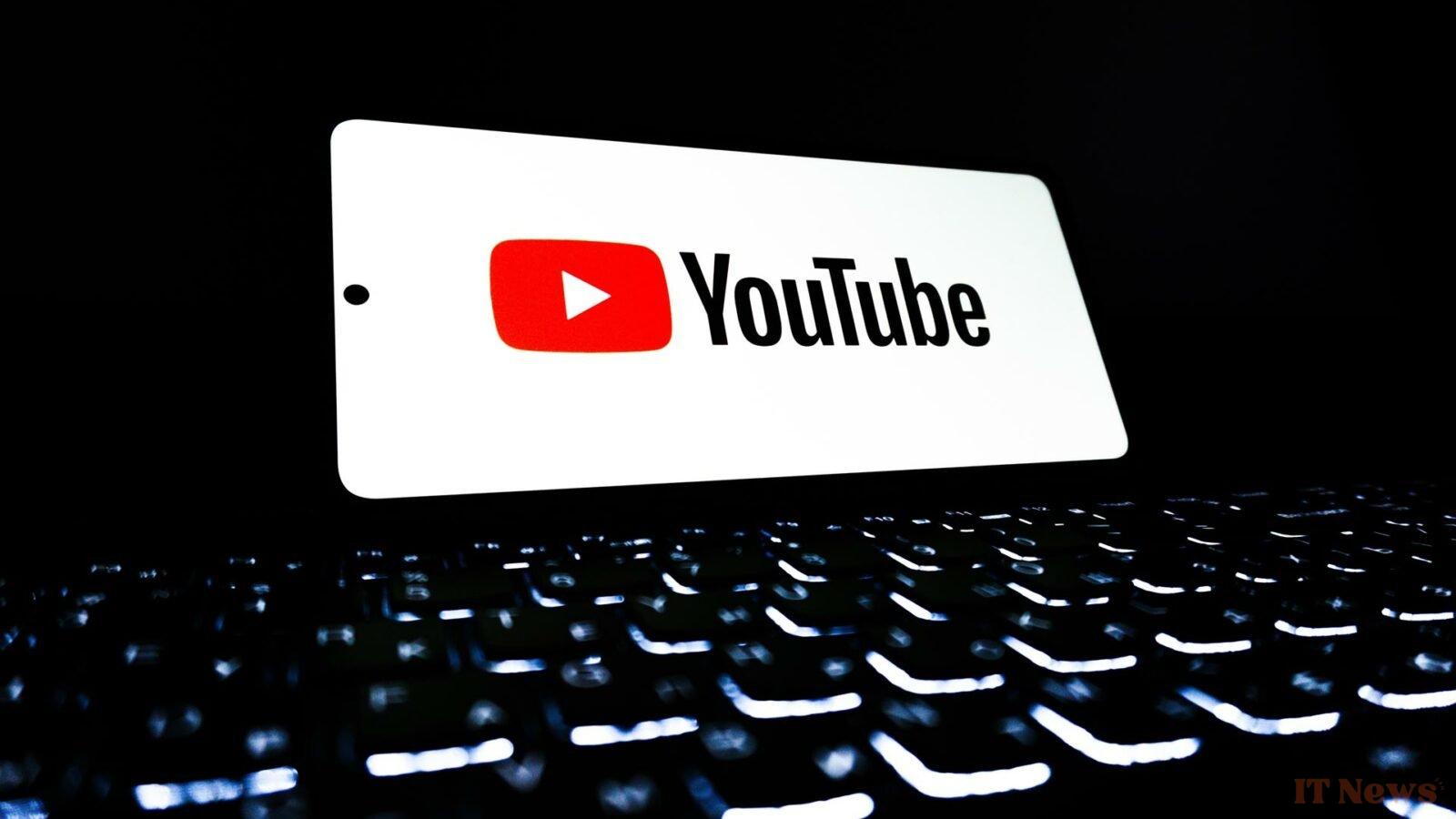For connected families who had grown accustomed to the comfort of the service, namely no ads, background playback, downloads, and access to YouTube Music for six people, it's a cold shower. The monthly bill suddenly increases 6 euros, going from 23.99 euros per month to 29.99 euros per month, an increase of 25%. This is a far, very far cry from the 17.99 euros charged at the launch of the offer (+67%). With this new increase, the bill reaches the symbolic threshold of 30 euros per month.
A soaring bill, eroding promises
Faced with growing discontent, YouTube's argument rings hollow. In its message, the platform evokes, without much conviction, the need to "continue to improve Premium and support creators and artists". A well-rehearsed pitch, but one that struggles to convince when no concrete new features justify this price hike. As compensation, YouTube simply reminds us that the subscription can be canceled at any time. A thinly veiled way of anticipating discontent.
"So that we can continue to offer a quality service and features, the price of your subscription is increasing to €29.99/month. We don't take these decisions lightly," the company states in the email sent to YouTube Premium Family subscribers. At the same time, its affordable alternative (Premium Lite), which allows you to enjoy YouTube without ads... will include advertising.
The price of a major streaming service, without the content?
At nearly €30 per month, YouTube Premium Family is no longer playing in the same league. Its price now places it well above streaming giants like Netflix or Disney+, which offer much more extensive catalogs of films and series. The question then arises: is an ad-free YouTube worth the price of a full video-on-demand service?
For now, the Individual (€12.99/month) and Student (€7.99/month) plans are spared. This reprieve could only be temporary, in a context where all platforms, from Spotify to Netflix, are tightening the screws on their subscriptions.
Faced with what seems like a dilemma between paying the full price or enduring increasingly aggressive advertising bombardment, many users are already looking for a way out. Between alternatives like Dailymotion or Twitch, and more technical solutions like using specific browsers (Brave, Vivaldi) or third-party applications (LibreTube, Invidious) to circumvent restrictions, "de-Googling" has never seemed so tempting. For YouTube, the strategy of forcing its way through could well backfire.



0 Comments